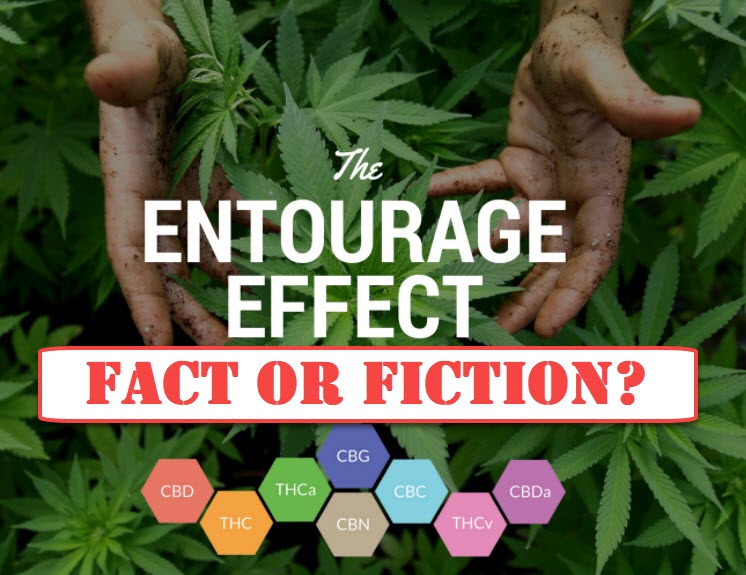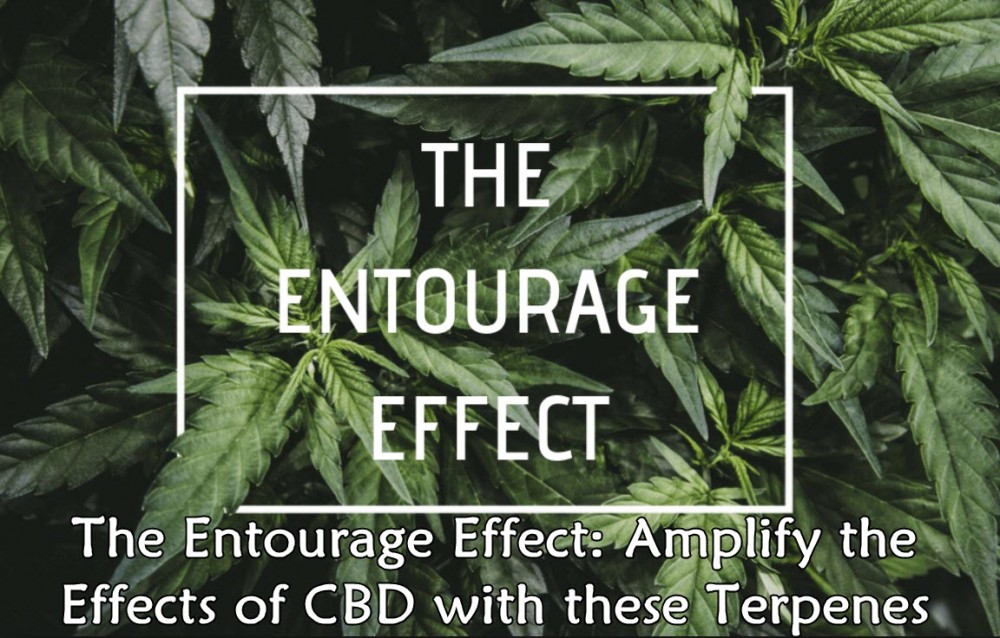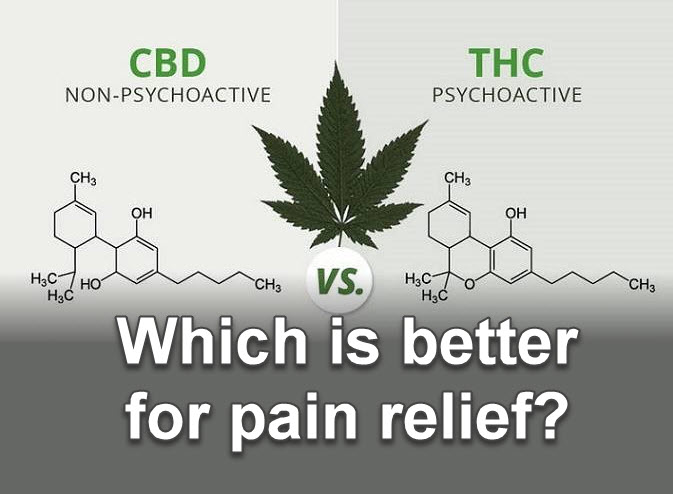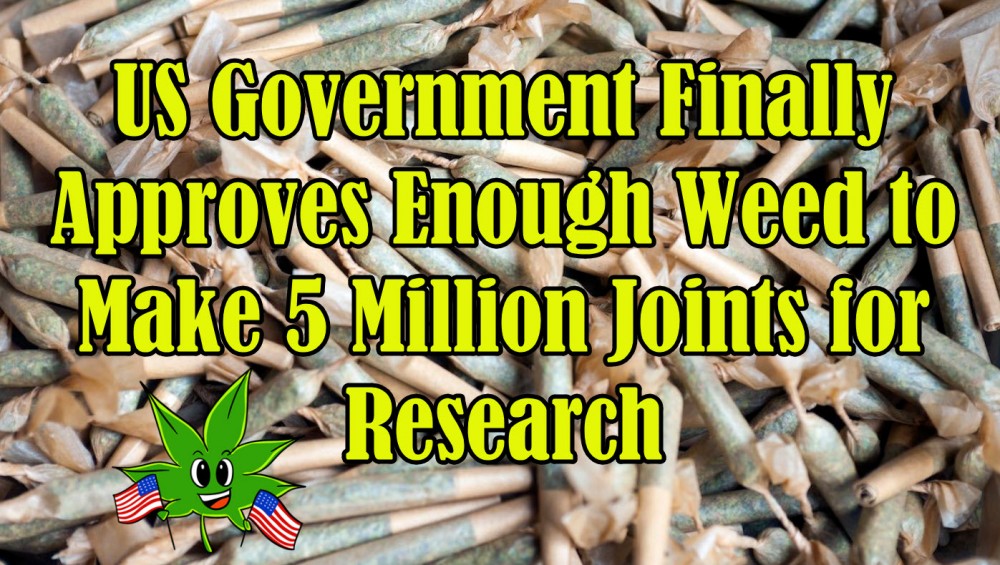The Feds want to study the “Entourage Effect”
Why the Federal Government Wants to Study the Cannabis Entourage Effect Now from CannabisNet on Vimeo.
For the longest time, the Federal government has only sanctioned studies that sought to identify the risk factors of cannabis. Now, as we’re seeing prohibition crumble the feds are changing their tune. The two most known and most studied cannabinoids are THC (Tetrahydrocannabinol) and CBD (Cannabidiol) which have already been incorporated into pharmaceutical grade medicine.
However, the cannabis plant is far more complex than THC and CBD. There are roughly 110 known cannabinoids and 120 terpenes, and these have been kept in the shadows for far too long. These minor cannabinoids work together within the plant to promote greater health, and the federal government is currently soliciting researchers from multiple different fields.
This includes disciplines such as, chemists, psychologists, neuroscientists, geneticists, physiologists, pharmacologists and a whole slew of other fields. The idea behind this mass recruitment is to further the understanding of the interaction of these minor cannabinoids within the plant and how they work together.
Additionally, within these minor cannabinoids, there are potential pharmaceutical grade medicine that can be created. This of course is providing serious financial incentive to get the ball rolling; especially as we’re seeing the end of prohibition which would open the flood gates of marijuana-based medicines.
The feds will be focusing more on CBD and its medical properties along with CBG (cannabigerol), CBN (cannabinol), CBC (cannabichromene) and terpenes such as myrcene, limonene, a-terpineol, linalool, and several others.
Why the sudden change?
Why would the government suddenly want to focus on finding the medical benefits of cannabinoids and terpenes when for more than 50 years they have been focusing on proving its harmful effects? This could be an indication that in the near future there might be a radical shift in policy coming in the near future.
This past November there was a radical shift in political representation within the government. With this adjustment comes a change in attitude towards cannabis reform. There’s already a few pro-cannabis bills floating within the capitol and with the departure of Pete and Jeff Sessions, it seems that they might move ahead.
One thing is certain though, Hemp is coming to the US under the Agriculture Improvement Act of 2018 (the farm bill) which must be passed. This means that Hemp, like any other agricultural crop will be protected under the bill.
I believe that we might see the end of prohibition in 2019 seeing that the majority of Americans (roughly 66%) favor legal marijuana and the super majority favors medical cannabis. If we’re not seeing recreational reform on a federal level, we’ll most probably see a change within the medical languages. This despite the fact that the language that keeps marijuana illegal has been debunked.
Under the CSA (Controlled Substance Act) cannabis is listed as a Schedule-I narcotic. This means that it has no medical value and a high potential for abuse, however, since there are medicines derived from both CBD and THC respectively, the definition of cannabis can no longer be maintained. If cannabis remains as a Schedule I substance, it would only mean that the federal government is obviously benefitting from the illegality of cannabis as opposed to ‘protecting its citizens’. It would be the final strike that would prove that the federal government is using cannabis prohibition to abuse the sovereign rights of the nation to advance their own agenda.
This is why I believe that we might see some serious reform coming in 2019.
Will These Studies hurt the Cannabis Community?
Once more, it depends on how it plays out. On one hand, more research is always good. In fact, there’s actually a submission form you can check out to see if you can apply for a marijuana grant. Seeing that the feds are encouraging researchers from multiple fields of educational vocation to study this, I think we’ll soon be opening up a brave new world of cannabis-based medicines and therapies.
On the other hand, if the feds then go ahead and schedule cannabis as a Schedule II substance, it would effectively place the fate of cannabis within the hands of the pharmaceutical companies to create our cannabis-based medicines due to the strict regulations and expenses of dealing with drugs in this category.
Either way, we should be learning about many more medical benefits of cannabis we haven’t known of before. From the interaction of terpenes and other minor cannabinoids, to understanding the entourage effect…this is all good for the cannabis community.
As long as the US permits that individuals can grow their own cannabis at home…it will be a victory for cannabis.
Right now, we can only wait and see how all of this unfolds, however there is a scent of optimism in the air that smells like pro-cannabis reform on a federal level. The world is finally ready to open the floodgates on the international cannabis trade.
Why the Federal Government Wants to Study the Cannabis Entourage Effect Now from CannabisNet on Vimeo.
OTHER STORIES YOU MAY ENJOY...
CANNABIS ENTOURAGE EFFECT, REAL OR MYTH, CLICK HERE.
OR..
THE ENTOURAGE EFFECT, CLICK HERE.
OR...
CBD AND THC FOR PAIN, WHICH IS BETTER, CLICK HERE.









